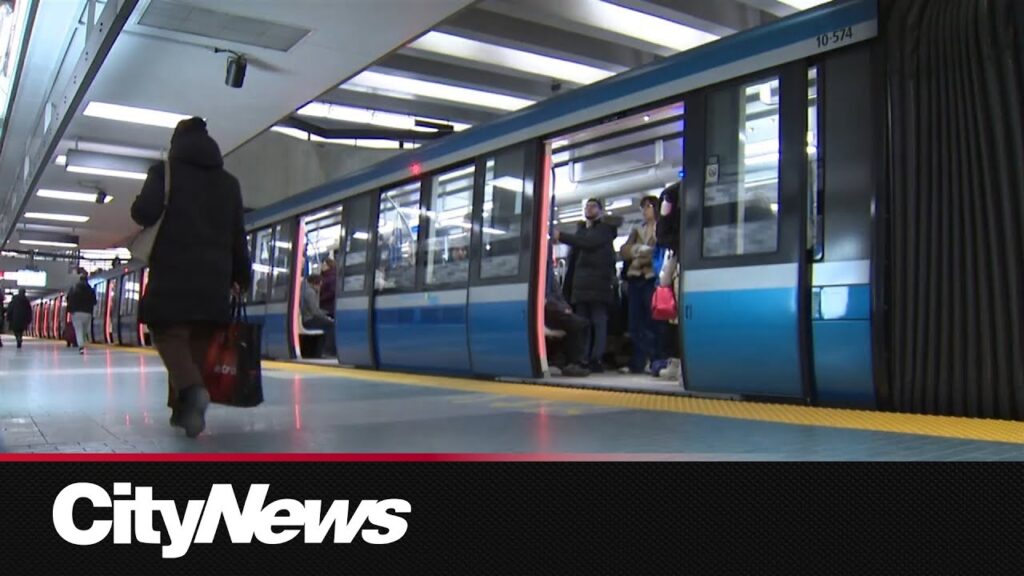
Introduction
The recent strike by the bus drivers of the Société de transport de Montréal (STM) has caused significant disruptions for thousands of daily commuters. As one of the key transit services in Canada’s second-largest city, the bus system plays a crucial role in providing accessible transportation within the metropolitan area. Understanding the implications of this strike is essential for residents and city planners alike.
Details of the Strike
The strike commenced on October 2, 2023, resulting from failed negotiations between the bus drivers’ union and STM management over issues related to wages, working conditions, and job security. The union has emphasized the need for better pay and benefits, as many drivers feel their contributions are undervalued. STM’s management, on the other hand, claims that they have made competitive offers while also trying to manage the city’s budget constraints.
As a result of the strike, 40% of public bus routes were suspended, leaving many commuters scrambling for alternative transportation. STM had offered limited service on some lines, but this is barely enough to accommodate the hundreds of thousands of daily riders who depend on our bus system.
Community and Economic Impact
Local businesses have already begun to feel the pinch, as foot traffic in areas served by affected bus lines has decreased significantly. In addition, parents and students are struggling to navigate altered schedules, especially with school transportation being affected. This disruption not only affects daily commuters but poses challenges to the local economy as well.
Government Response and Future Actions
In response to the strike, the City of Montréal has called for mediation talks between STM and the union, emphasizing the need for a swift resolution. Mayor Valérie Plante stated, “We need to keep our city moving. Transportation is a vital service, and I urge both parties to work towards a fair agreement for the benefit of all citizens.” Meanwhile, transit riders are encouraged to explore alternative options such as cycling or carpooling while the strike continues.
Conclusion
The ongoing Montréal Metro bus strike serves as a stark reminder of the essential nature of public transportation in urban life. As negotiations proceed, the future of the city’s transit services hangs in the balance. Commuters and local businesses anxiously await the outcome, hoping for a resolution that respects the needs of both drivers and the public they serve. Observers predict that prolonged negotiations could lead to even greater disruptions, making it imperative for all parties to reach an agreement soon.



